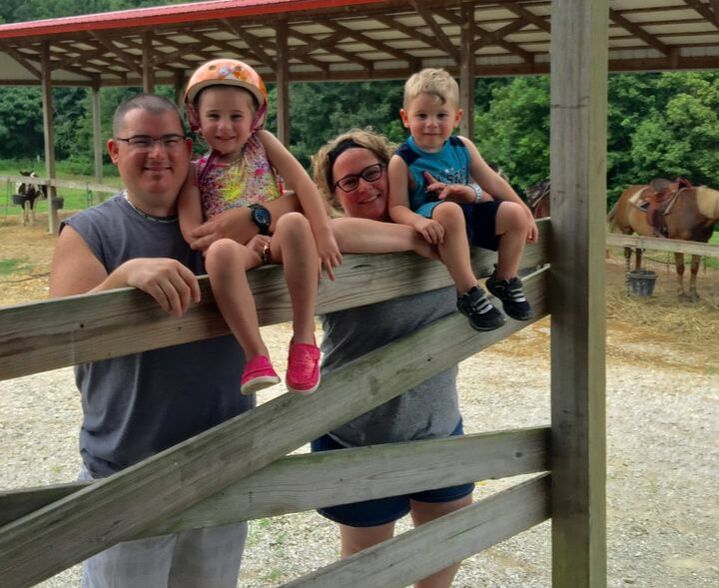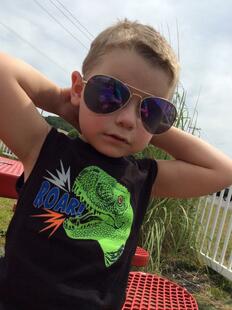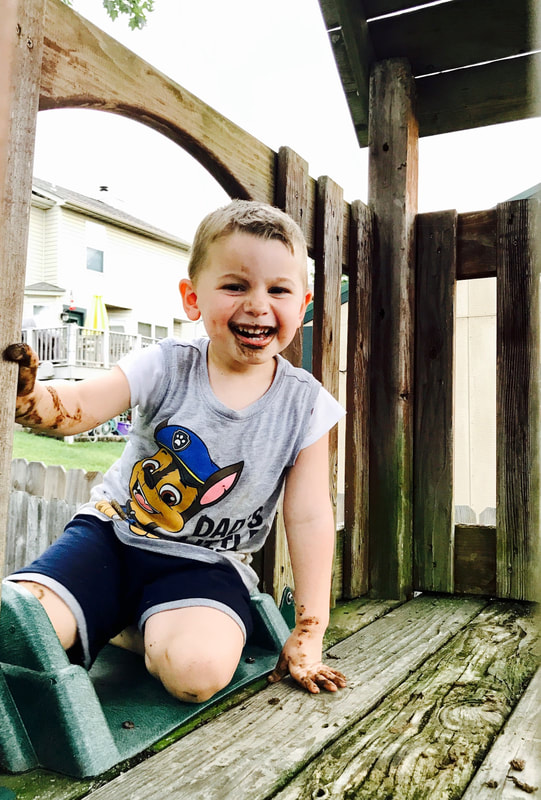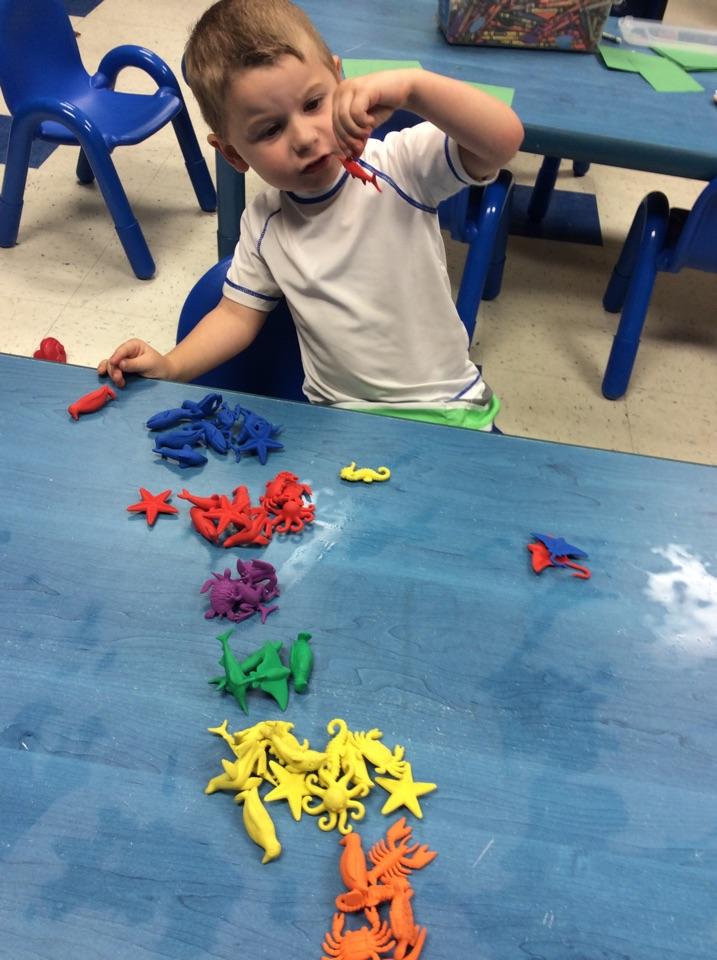|
In September 2017, our son Wesley was diagnosed with Level 2 Autism Spectrum Disorder. It was a very pivotal day for our family; however, our journey with Autism began long before this day. When Wesley was 1 year old we noticed how he avoided eye contact and would not look when his name was called. By 14 months we began receiving support services from Missouri First Steps in our home. We learned ways to promote communication and play with our son that encourage development of verbal and fine motor milestones he was missing. At age 3, Wesley transitioned to the Early Childhood Center of our local school district and began a half-day program. He is now 5 years old and is completing his 3rd school year with the ECC. Wesley impressed many of his teachers and therapists, our personal heroes, with his progress.
In May of 2018, my husband and I along with Wesley, attended an intensive two-week ABA training program. ABA is a widely recognized, positive reinforcement tool. This training demonstrated ways to increase Wesley’s functional communication skills, and strategies to decrease challenging behaviors. We use these tools to help him be successful in learning self-care, and social interactions, as well as in a school setting. Wes has worked hard for his teachers to reach goals and make progress but much of his time at school is spent in the therapy room. There are days when he needs to swing, run and jump; or receive pressure from a squeeze machine to be calm enough to participate in group activities. Even with the successes so far, the challenges of Autism still impact every aspect of our daily life. Wes struggles with verbal communication of more than one word, so he uses a speech assist device to help him express his wants and needs. This difficulty with expression causes fear and anxiety in us, with the realization he doesn’t speak well enough to tell anyone his name. Wes is naturally curious, but he has difficulty understanding boundaries and at times will unintentionally place himself in unsafe situations. Many times he has eloped from our home, into the garage, back yard or street. It happens within seconds, and has made going to stores, restaurants or crowded public places a terrifying notion. So much of our energy and time is spent keeping him safe that it is difficult to complete normal errands because we want to avoid frustration and meltdowns. Service dogs have been around for more than 30 years. If Wes had a service dog specifically trained for a person with Autism, it would help make his daily life calmer, safer and a more confident. Service dogs are trained to sense anxiety and frustration in the person they serve. They provide sensory input in a number of ways. For example, pressure – by leaning on or even laying on top of the person in distress. The fur coat of the dog provides sensory stimulation that may be calming and reassuring to Wesley, much like a security blanket or a fidget. When the dog is tethered to the child it serves as an anchor, like a “home base” for the child. The presence of the service dog often breaks down social barriers for a child with autism. The companion promotes confidence in awkward situations, in the classroom, as well as in other public places. Autism Service dogs also provide essential skills such as an “Anchor” command; the animal drops to the ground in an effort to prevent wandering, or flight, and if needed can provide search and rescue. The typical cost for any agency to train a service dog can range from $35,000 to $50,000. This process takes 2-3 years to complete, and requires a multi-disciplinary team approach to prepare these dogs. We are just beginning this journey, but we are committed to preparing our family and our home for what we understand about the care and maintenance a service dog will require. We are also aware of the need for continued training, and veterinary care it will require to maintain its health and learned skills. Our appreciation and gratitude for your support in helping make this dream a reality for our son and for our family is beyond what this letter can express. Having a service dog from Paws 4 Autism would provide him a constant source of emotional, physical and social support that would mean the world to Wesley and to us. Sincerely, The Hermann Family Support Wags 4 Wesley |




